Migration to Britain c1000 to c2010
Migration to Britain c1000 to c2010 overview - OCR A
Migration has played an important part in Britain's history from c1000 to the present day. It has influenced Britainâs economy, politics, culture and relationship with the wider world.
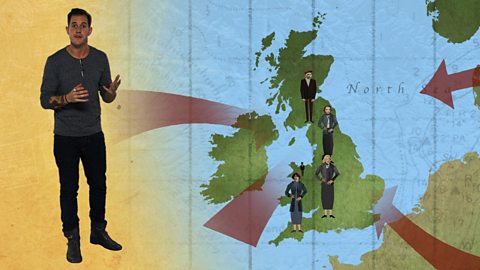
Medieval 1000-1500 overview - OCR A
Immigration was constant and needed. Most migrants settled peacefully but they were not always welcomed. Ideas of who âbelongedâ and who did not often changed.
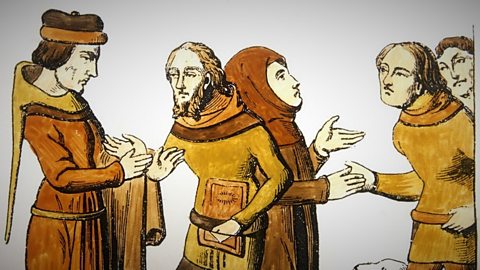
Reasons for immigration in the Medieval era - OCR A
Immigrants came to work in many occupations. Some came as refugees. The Normans came as invaders. Jews were invited by King William I because he wanted to borrow from Jewish moneylenders.
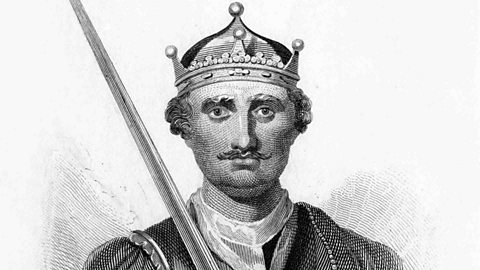
Experiences of immigrants in the Medieval era - OCR A
Migrants had different experiences. Norman rule was resisted unsuccessfully and Jews were terrorised and expelled. Though most migrant workers settled well, they were sometimes targeted.
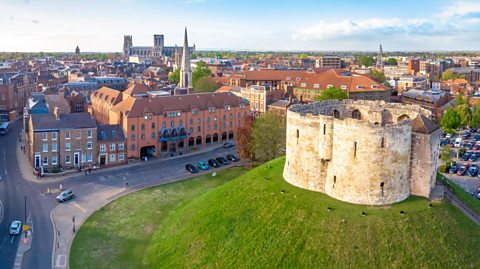
Impact of immigration in the Medieval era - OCR A
The impact of migration was huge, from how the Normans governed with Jewish money to how migrants kick-started manufacturing and trade. There were also tensions that sometimes exploded dangerously.
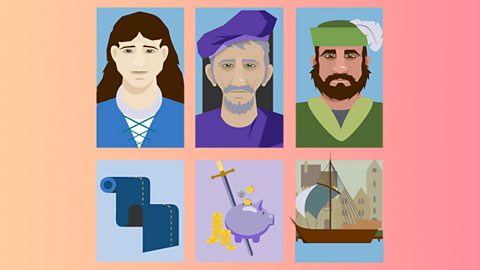
Immigration in the Early Modern era, 1500-1750 overview - OCR A
Huge changes emerged from the Reformation, the Union with Scotland, the beginnings of empire, new global trade routes, the growth of business and the trade in enslaved Africans.
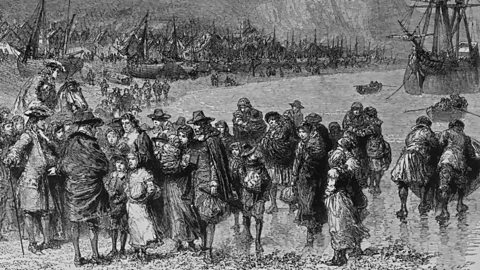
Reasons for immigration in the Early Modern era, 1500-1750 - OCR A
Most migrants came because of violence and upheaval elsewhere - religious wars, conquest or enslavement. They were affected by a changing world.
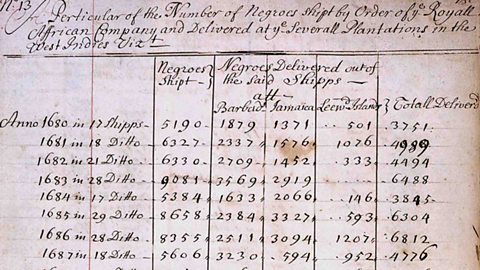
Experiences of immigrants in the Early Modern era, 1500-1750 - OCR A
While most Protestant refugees were welcomed, other groups, such as Gypsies and foreign Catholics, were not. Africans and Jews settled quietly but enslavement and empire brought great change.
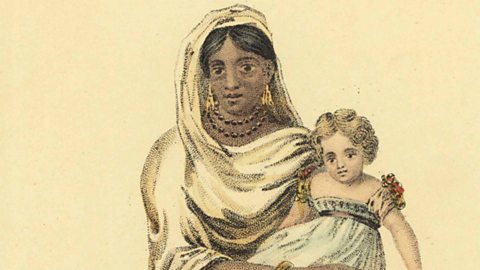
Impact of immigration in the Early Modern era, 1500-1750 - OCR A
Huguenot investment and skills helped bring greater wealth to Britain, as did the expansion of a trading empire and the slave trade. Ideas about racial difference also began to spread.

Immigration in the Industrial era, 1750-1900 overview - OCR A
British wealth and power came from the slave plantations, trade, the factory system and empire. Migrant workers from across the world made this possible and helped to lead movements for change.
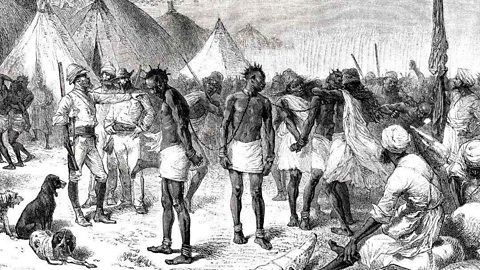
Reasons for immigration in the Industrial era, 1750-1900 - OCR A
People migrated to Britain for different reasons - forced labour, poverty, hope of work, business and to escape to safety. All came because of Britainâs wealth, empire and world dominance.
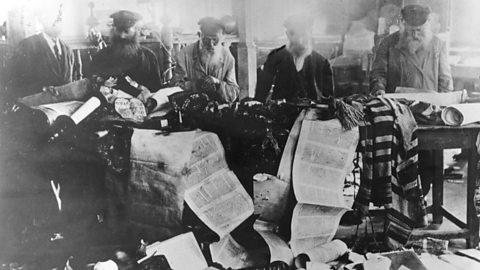
Experiences of immigrants in the Industrial era 1750-1900 - OCR A
Large numbers of migrants fleeing hardship found work in industrial Britain. Most saw their lives improve slowly, though many faced often appalling living conditions and growing racial prejudice.
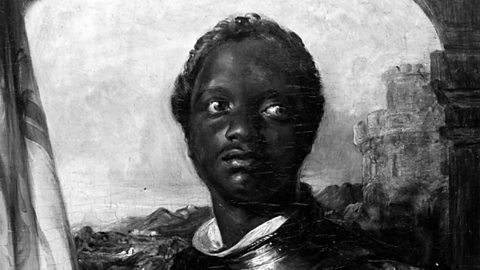
Impact of immigration in the Industrial era 1750-1900 - OCR A
Britain was at the height of it's global power and mass immigration impacted on all aspects of life: from food and fashion to faith, politics and commerce.
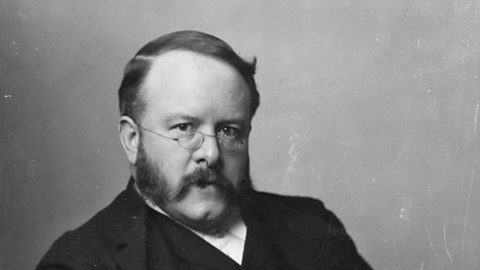
Immigration in the Modern era 1900 - present overview - OCR A
While levels were low in the early 20th century, the later period saw mass immigration. The 20th and early 21st centuries were also a time of increased immigration controls.

Reasons for immigration in the Modern Era 1900 - present - OCR A
Immigration was usually due to a search for work or safety. Numbers grew in the late 20th and early 21st centuries because of the EUâs free movement policies and humanitarian crises in many countries.
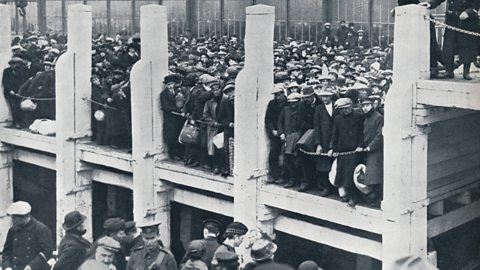
Experiences of immigrants in the Modern era, 1900 - present - OCR A
Migrants experienced immigration controls, discrimination and organised racism and had to struggle for acceptance. Nevertheless, the UK has become increasingly at ease with its cultural diversity.
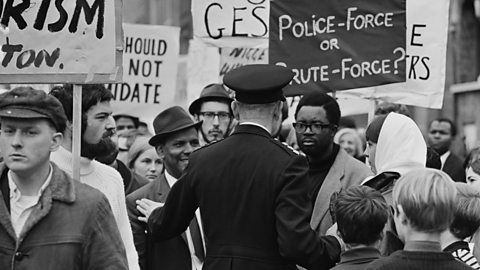
Impact of immigration in the Modern Era 1900 - present - OCR A
While there are contrary views about how immigration has affected British society, the impact has clearly been considerable in all areas of UK life.
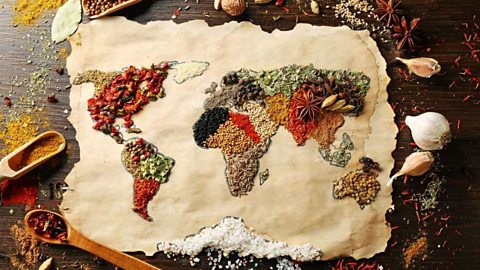
Migration to Britain c1000 to c2010 - exam preparation - OCR A
In your History GCSE, it is important that you not only have good subject knowledge, but have the skills to apply this knowledge to exam questions.
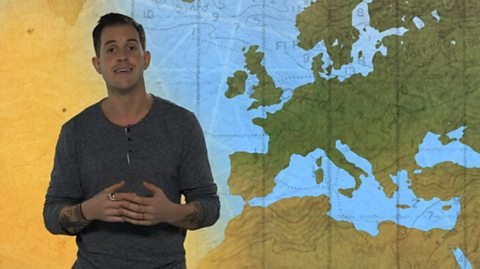
Links
- External linkExternal link
- External linkExternal link
- External linkExternal link
- SubscriptionSubscription
- External linkExternal link